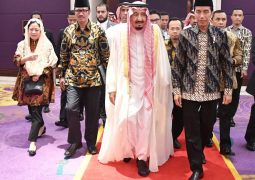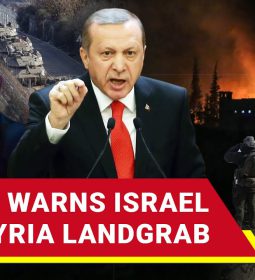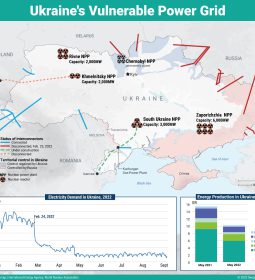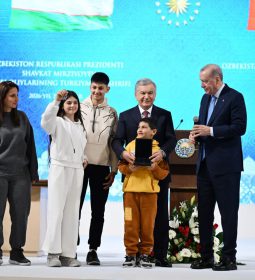Malaysian expert defends Islam: Debunk Islamofobia
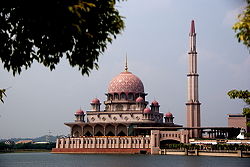
By Mohamed Gouse Nasuruddin
February 2, 2019
EXPRESSIONS of Islamophobia range from outright confrontation involving subjugation and killing to various forms of punitive actions.
Such repressions could be communal or state sponsored as a form of external aggressions from people of different faiths or within the same faith.
These have resulted in both covert and overt actions ranging from sanctions to their physical appearance, speeches, practices, banning them from visiting certain countries, restricting their movements to specified areas within a country to outright massacre and genocide.
The massacre of the Rohingya Muslims in the Rakhine State of Myanmar is a cause celebre.
Myanmar’s government has systematically maimed, tortured, raped and killed the Rohingya Muslims who are denied citizenship despite the fact they are the original inhabitants in the state.
Less known and out of the glare of the international media and covertly executed is the persecution and subjugation of the Uighur Muslims of Turkish origin in Xinjiang, China.
Out in the Middle East, Israel with the connivance of America are persecuting Palestinian Muslims, torturing and killing them, having occupied their lands and incarcerated them in a prison-like blockade of land, sea and air.
Unlike the covert subjugation of the Uighur Muslims in China which was put under wraps and disguised as acculturative re-education, the Israeli atrocities against the Palestinians are cause celebre, but with a different slant.
In this case the Jewish American-controlled media distorts the facts, creating the perception that Israel is the victim while the Palestinians are the aggressors. This is an overt form of Islamophobia.
There are other covert intimidating forms of Islamophobia in so-called democratic countries that are supposed to have freedom of religious and secular expressions, pretending to tolerate differences of belief and lifestyle and celebrate unity in diversity.
Another aspect of Islamophobia is the prejudice within the Islamic community. One is between nations and the other is within nations.
In both cases, the conflict is between Sunnis and Shia, which dates back to the time of the emergence of the four Caliphates. It is prejudice and animosity between these two denominations of Islam.
Sunnis believe Muhammad is the last Prophet, while the Shia regard Ali as the anointed successor of Prophet Muhammad. Shia-Sunni relations have been volatile, resulting in violence confrontations.
Such confrontation occurs when one country has an overwhelming Shia or Sunni population as in the case of Iran and Iraq or a proxy one as in the case of Saudi Arabia and Iran.
This sectarian conflict is also replicated within a nation having both Shia and Sunni populations as in Iraq, Bahrain, Lebanon and Azerbaijan, which have a majority Shia population, and a minority in Pakistan, Syria and Yemen.
It is a known fact that Shia and Sunni can co-exist peacefully but the underlying dormant tensions can be exacerbated into internecine conflict when political agendas are factored into the equation. This has been the case in Iraq and Syria.
Even within the exclusively Sunni Muslim population as in Malaysia and Indonesia, there are conflicts the result of different groups giving different interpretations in the practice of Islam based on their political ideology. Political parties that misused Islam purveyed their own brand of the religion and regard all others who are at variance with their religious and political beliefs as infidels.
Islam as a religion has attracted so much negative attention, perceptions and animosities. Its believers have been persecuted, subjugated, maimed and killed in certain countries. It has been touted as a religion of violence and linked to terrorism.
The beauty and the true image of Islam has been tarnished by unscrupulous leaders who hijacked the religion to serve their political agenda.
The regional and world organisations such as the United Nations, Organisation of Islamic Cooperation and Asean seem unable to solve the plight of the Muslims.
The Muslim community is fractured, each having its own earthly agenda and forsaking the true teachings of Islam as enshrined in the Quran and Hadiths.
And the western powers have taken advantage of the economic weakness of the Muslim countries as well as the greed of the despotic and corrupt rulers of the wealthy countries to perpetrate dissension and confrontation among the Muslim countries, especially those in the Middle East.
It is imperative that Muslim countries cast aside hostility towards each other and reconstitute the ummah to be a military and economic force that is able to exert influence and secure the safety and security of Muslims beyond individual geographical borders.
Muslim countries must have physical, economic and intellectual strength to counter the covert and overt confrontation of Islamophobia.
The writer is an emeritus professor at the Centre for Policy Research and International Studies, Universiti Sains Malaysia, Penang
- Previous Saudi coalition blocks fuel for UN aid planes to Yemen
- Next How do we survive piggish year: Chinese horoscope 2019 forecast: Year of the Pig






